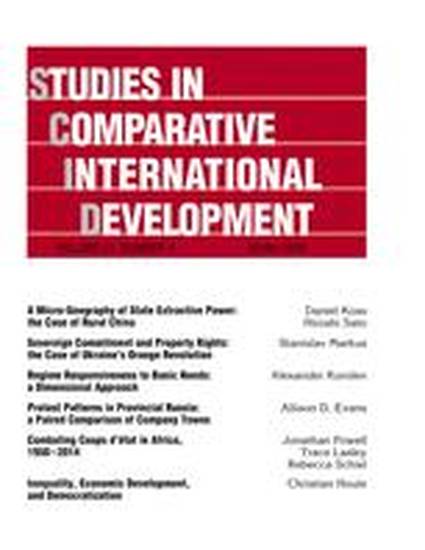
The relationship between democracy and economic growth has concerned social scientists since the 17th century, but recent democracy movements make this question especially important today. Do poor countries face a cruel trade-off between democracy and growth? Do democracy and growth go together as a "win-win" proposition? Or is democracy irrelevant to growth? Using pooled annual time-series data from 1951-1980 for 106 countries, including 88 non-core countries, we explore long-term and short-term direct and indirect effects of democracy on growth. Little or no direct effect emerges, but positive indirect effects appear via two mechanisms: a marginally significant effect via investment and a robust effect via government expenditure. Democracy also has a robust non-linear effect on economic growth via social unrest, inhibiting growth under non-democratic regimes and furthering it in highly democratic ones. Combining these findings, we conclude that democracy does not significantly hamper economic growth, and under many circumstances slightly boosts it.
Available at: http://works.bepress.com/ross_burkhart/24/
